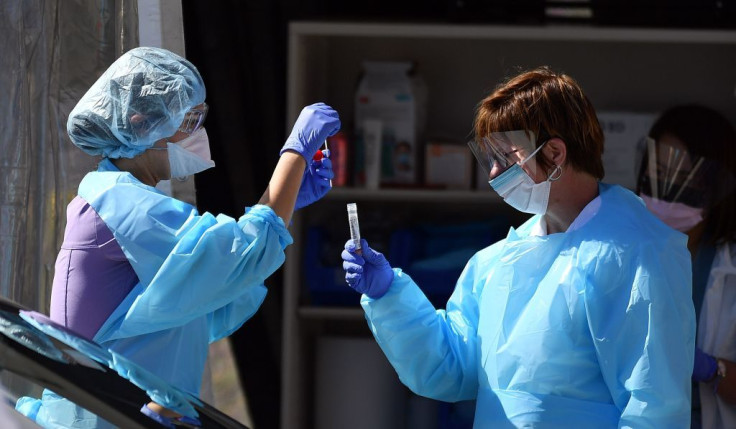
The coronavirus has affected many regions worldwide and the record as of this time is 184,976 cases in 159 countries with 7,529 deaths. This COVID-19 situation is based on the list provided by the World Health Organization.
In the U.S., it was reported that it has already recorded 5,100 cases across its 50 states including the U.S. Virgin Islands, Puerto Rico and Washington D.C. The current death toll already reached 100 and over half of this number was from Washington state. On Friday, March 13, Donald Trump declared a state of national emergency as the number of affected regions increased.
Moreover, public health officials believe that America is already at a tipping point and warned the citizens that if they don't take the government orders for preventing the spread of the coronavirus seriously, the U.S. may get to the situation that Italy is in right now. The Italian government ordered a total lockdown last week and its hospitals are dealing with 24,000 COVID-19 patients.
Dr. Carlos Del Rio, a professor at Atlanta's Emory University School of Medicine, said that the faster the virus spreads and infects people, the faster doctors will get sick and this could lead to an unthinkable scenario. He said that reaching the point where medical professionals become fewer is really worrying.
"I'm really worried about having the worst possible combination: too many patients; too (few) doctors, nurses to take care of them," he told CNN. "Stay home. Do not leave. The economic pain is going to be significant, but we can stand it as a nation. We can do it for a month and stand it."
At any rate, the increase in the number of COVID-19 patients in the U.S. has been partly blamed on the slow testing and slow response to the pandemic. It was said that the Coronavirus testing data is not easily available and inconsistent. It was said that the delays in testing the patients in the U.S. have slowdown its response to the outbreak.
The country’s first coronavirus case was reported around the same time as South Korea’s and the land of Kpop immediately became one of the worst-hit countries. But due to its aggressive and swift response to the outbreak such as the implementation of mass-scale testing and consistent communication with the public with regards to the update about the pandemic, the rate of infection significantly slowed down and with only 75 deaths so far.
On the other hand, the U.S. is bracing for cases of COVID-19 to skyrocket, mainly because of the lags in testing. It is hard to get reliable testing data in the U.S. due to many reasons such as the data from the Centers for Disease Control (CDC) only reports the number of specimens tested and not the exact number of people. Plus, they only report the positive results and omit the negative ones so they can’t get an exact number of cases.
Now, the officials are said to be addressing the shortage of testing for COVID-19 by setting up more drive-through testing centers and speeding up the capacity of laboratories to process multiple specimens at once. The labs are expected to yield 1.9 million test results in a week but experts are skeptical if this will be achieved.
“We obviously welcome all the testing we can get our hands on right now in order to better elucidate what’s going on in our communities,” The New York Times quoted Michael Osterholm, director of the Center for Infectious Disease Research and Policy at the University of Minnesota, as saying. “But given the experience of the last four to five weeks of promised testing that didn’t develop, I wait anxiously to see if this can be developed. Many of us will believe the testing ability when it happens.”
© 2025 Latin Times. All rights reserved. Do not reproduce without permission.




